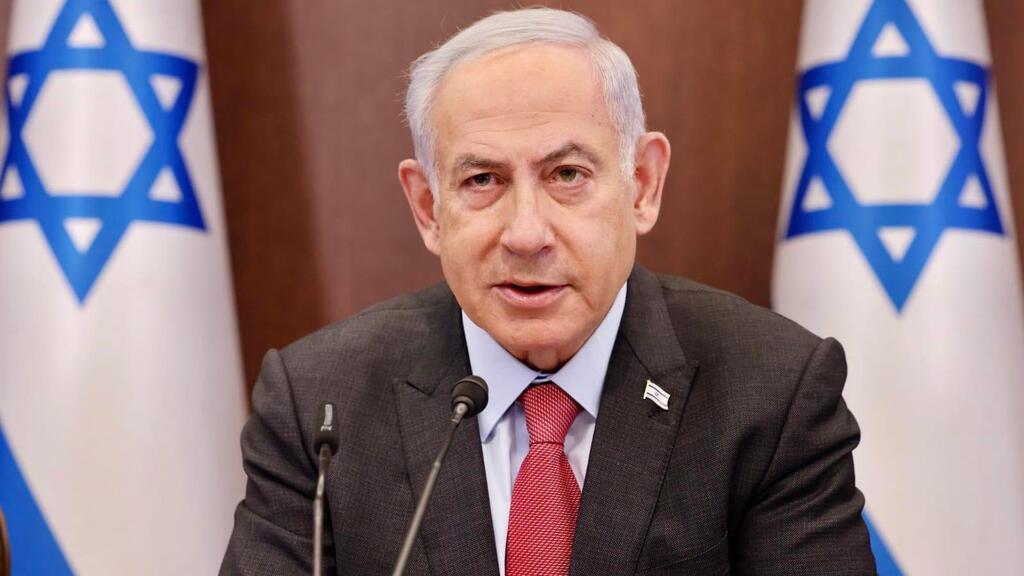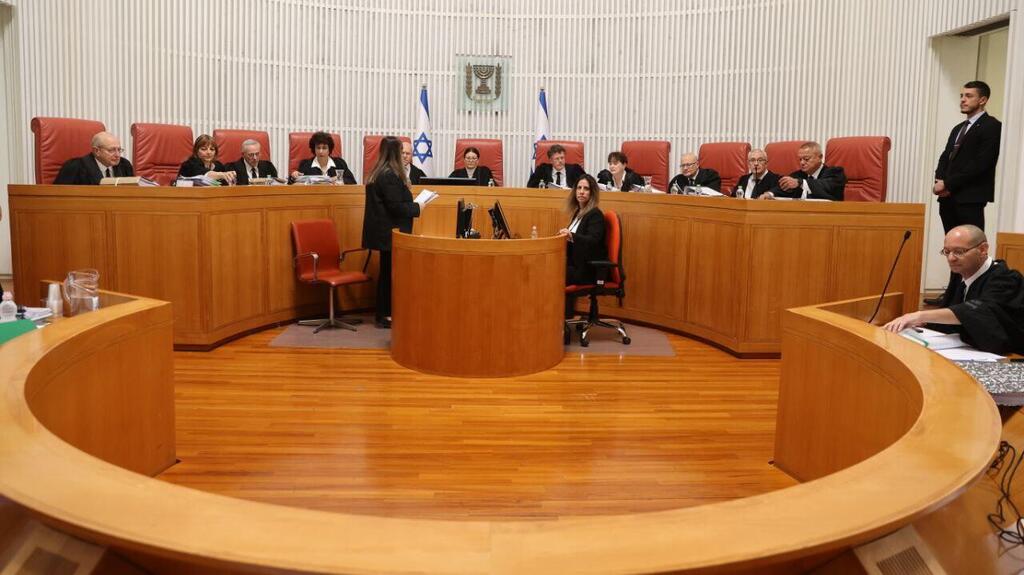Getting your Trinity Audio player ready...
Prime Minister Benjamin Netanyahu announced a softening on Monday of his hard-right government's judicial overhaul plan, an apparent concession to more than two months of unprecedented nationwide protests and misgivings voiced by Western allies.
Wielding a parliamentary majority, Netanyahu had looked set to ratify the package of reforms by the Knesset's April 2 recess. But most would now be shelved until it reconvenes on April 30, he and religious-nationalist coalition allies said.
The legislation still slated for ratification in the next two weeks would shake up Israel's method of selecting judges - an issue at the heart of the reform controversy, with critics accusing Netanyahu of trying to curb independence of the courts.
He insists his goal is balance among branches of government.
Monday's coalition statement used more circumspect language than in the original bill introduced on Jan 4, but said it would continue to check the power of judges on the selection panel to use what it deemed an "automatic veto" over nominations to the bench.
The statement further noted amendments made to the bill in a Knesset review session on Sunday, whereby the selection panel would be expanded from 9 to 11 members as originally planned but with a make-up that grants the government less potential clout.
Previously, the bill envisaged the panel including three cabinet ministers, two coalition lawmakers and two public figures chosen by the government - spelling a maximum 7-4 vote majority.
In its amended form, the bill envisages the panel being made up of three cabinet ministers, three coalition lawmakers, three judges, and two opposition lawmakers. That could spell a slimmer, more precarious 6-5 majority for the government.
The amended bill further stipulates that no more than two Supreme Court justices can be appointed by regular panel voting in a given Knesset session. Any appointments beyond that would have to be approved by a majority vote including at least one judge and one opposition lawmaker among selection panel members.
Netanyahu called for a rethink by the political opposition, which has pledged to boycott ratification votes in the Knesset and encouraged street demonstrations that have reached into the ranks of the Israeli military, which is usually above politics.
3 View gallery


Demonstrators protest government judicial overhaul in Netanyah on Saturday
(Photo: Dana Kopel)
"We are extending a hand to anyone who genuinely cares about national unity and the desire to reach an agreed accord," the coalition statement said.



